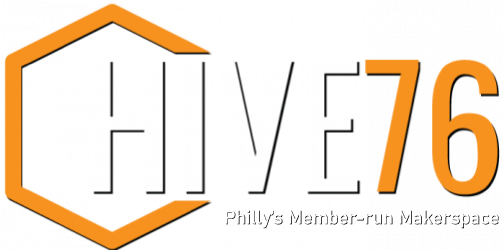 Hackerspaces, Makelabs, whatever you call them, they are our beloved tinkering garages and workshops away from home. But just what is it that makes them so great?
Hackerspaces, Makelabs, whatever you call them, they are our beloved tinkering garages and workshops away from home. But just what is it that makes them so great?
In this short class/discussion group, we’ll be covering a bit of the flora and fauna of the hackerspace movement—for new and old members alike—and its growth in popularity throughout the world. We’ll look at some notable spaces and what they are known for, how different spaces organize themselves, the pros and cons of such arrangements, and how new members can get involved, have fun, and make new friends quickly and productively. Afterwards, established members are encouraged to introduce themselves, share their stories of Hive76, and talk a little bit about their projects.
Join us on Wednesday, September 22nd and/or Wednesday, October 6th, at 7pm. Come for the class and stay for the open house afterwards to experience the full buzz of a vibrant community of creators in action.







